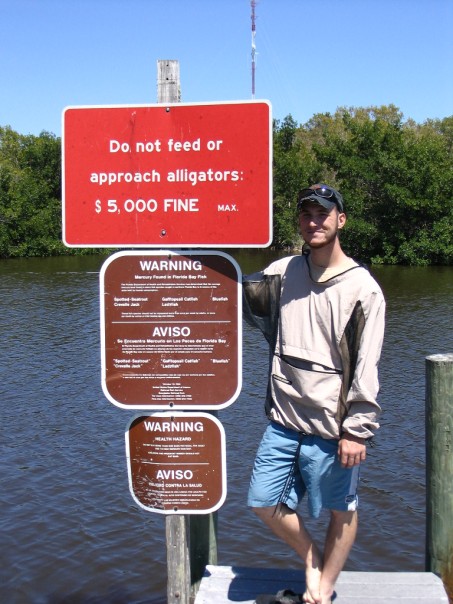Environment Canada researchers have found a dozen different types of toxic drugs and even caffeine in water samples taken from the St. Lawrence River in Quebec.
Although the amounts were minuscule, the study raises many questions about the long-term effects of pharmacological pollution in the country's waterways.
"At this point we have detected toxic substances but we don't know what the real toxic effects are," Andre Lajeunesse, one of several researchers involved in the study, said yesterday.
The study found drugs ranging from caffeine and over-the-counter ibuprofen to the prescription antibiotic oxytetracycline and carbamazepine, prescribed to treat epilepsy and Alzheimer's.
The drugs were found in concentrations less than 10 micrograms per litre after sewage treatment -- "trace amounts," said researchers.
The human body disposes of excess medication through urine but current sewage treatment methods were not built to deal with those kind of contaminants, Lajeunesse explained.
Although the study dealt specifically with the St. Lawrence, drug pollution in waterways is widespread, said Francois Gagne, who authored along with two other researchers the study published earlier this year in the journal Ecotoxicology and Environmental Safety.
"When you're near a city, you're going to see it," Gagne said.
Drugs, birth control hormones, Prozac and perfume have all turned up in similar studies in the United Kingdom and the United States in recent years.
U.S. and European studies have also found antibiotics, anti-depressants, veterinary drugs and hormones in tap water.
Previous research from Chesapeake Bay to the Thames River has blamed pharmacological and chemical pollution for the feminization of wild male fish.
Testing has begun on fish, sediment and micro-organisms in the St. Lawrence to try and determine the effects of the pollution, such as:
* Do the drugs accumulate in the small life forms and fish that call the river home?
* Is drinking water contaminated downstream?
* Could currently harmless water borne bacteria build up antibiotic resistance and become harmful?
The Sierra Club of Canada would like pharmaceutical companies to take the lead in fine-tuning their products and eliminating the drug pollution at the source.
Subscribe to:
Post Comments (Atom)




No comments:
Post a Comment